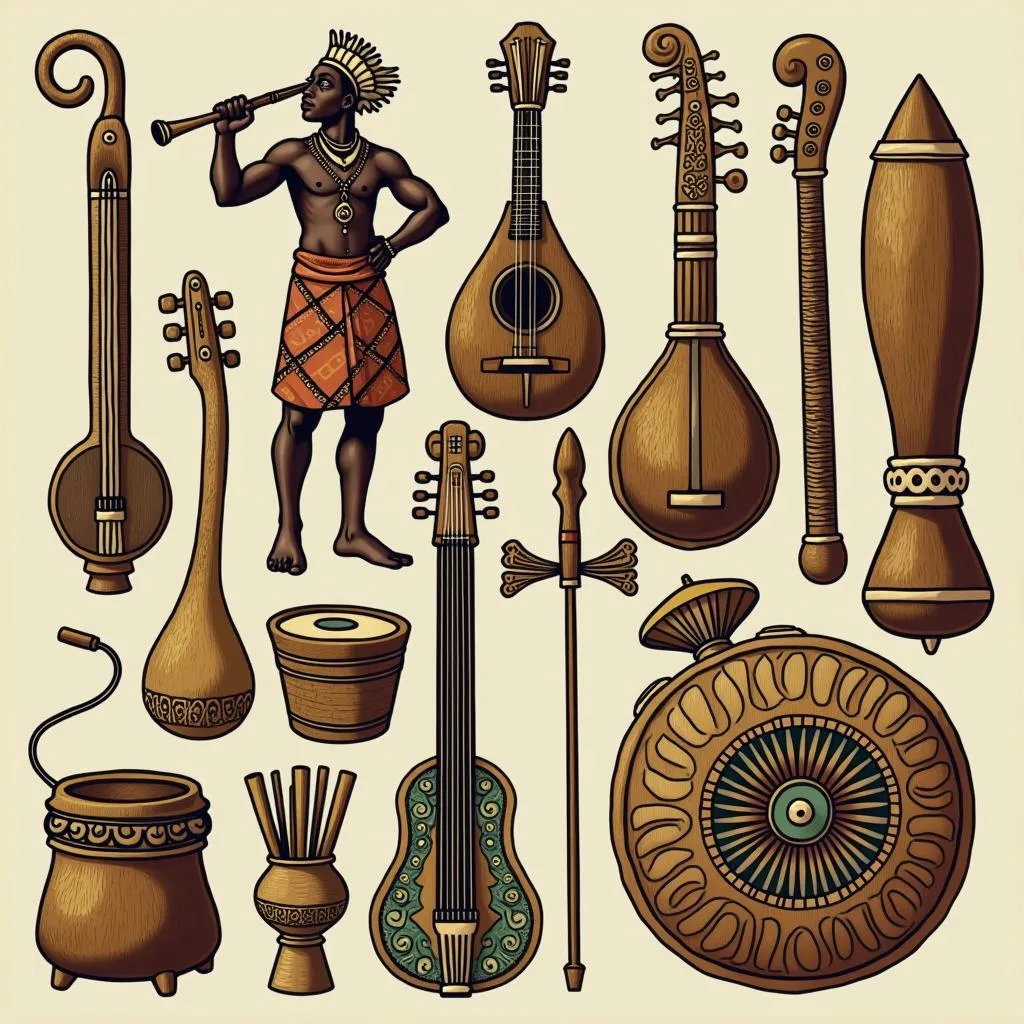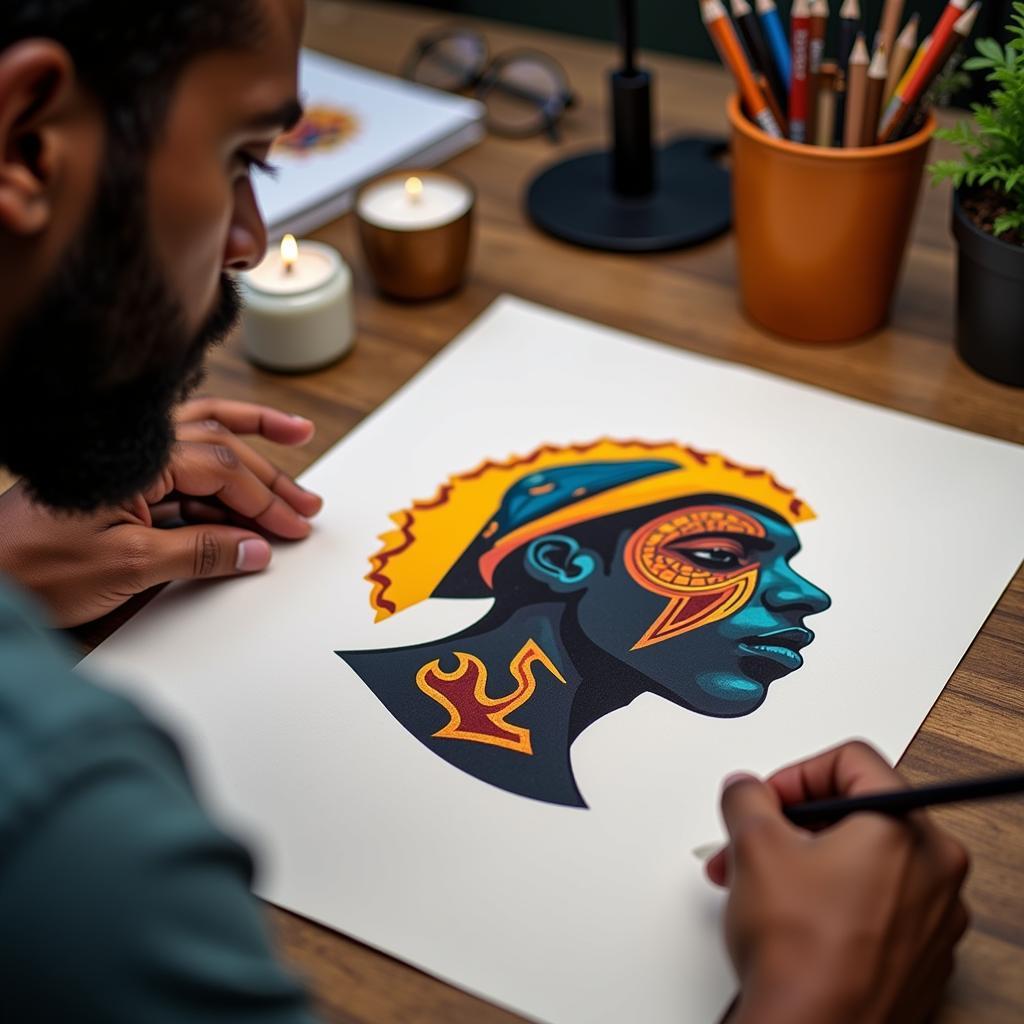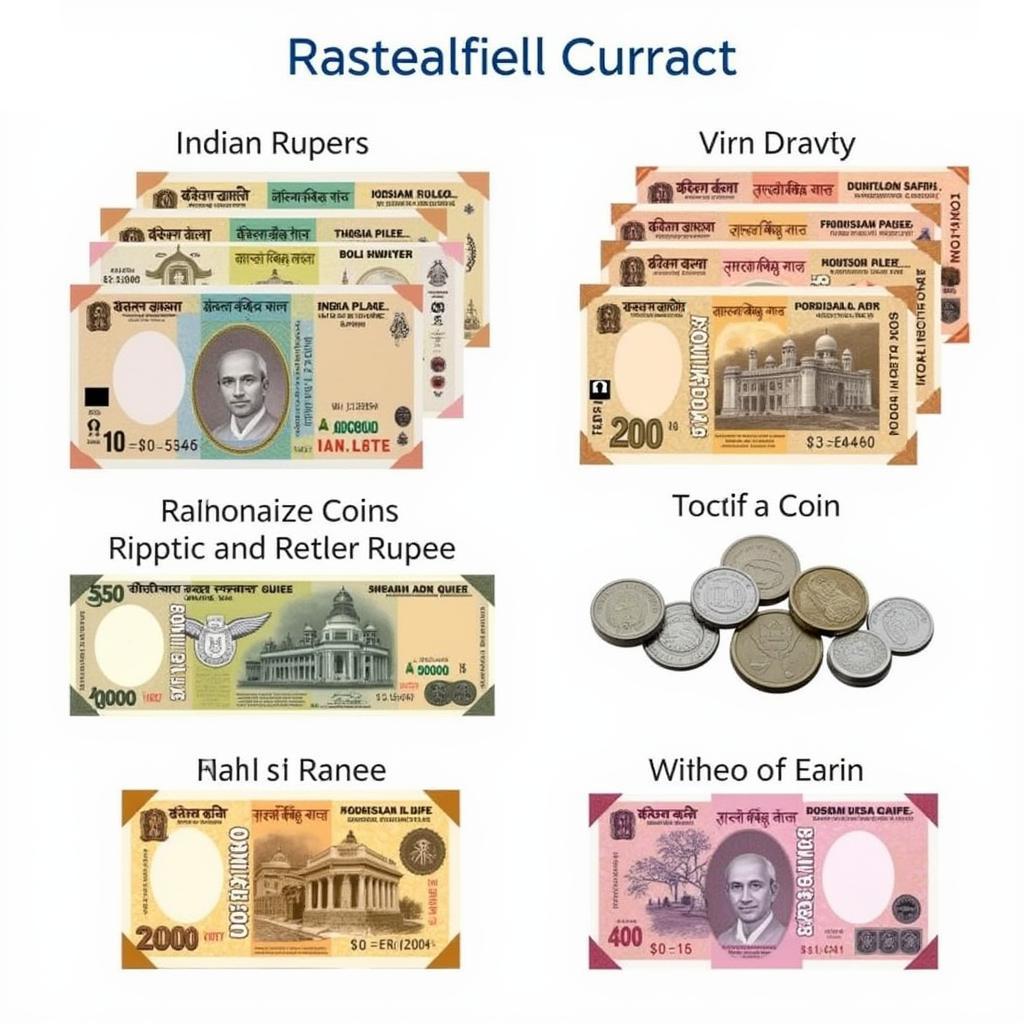African Independence: A Continent’s Journey to Freedom
African independence was a transformative period that reshaped the political landscape of the continent. The mid-20th century witnessed a wave of liberation movements, as nations across Africa rose up to dismantle colonial rule and forge their own destinies. This period, marked by both triumphs and challenges, continues to shape the social, economic, and political realities of Africa today.
The Seeds of Dissent: Early Resistance to Colonial Rule
While the peak of African independence movements occurred in the mid-20th century, resistance to colonial rule began much earlier. From the outset, African communities fought back against the imposition of foreign control. Early forms of resistance included armed uprisings, religious movements, and subtle acts of defiance. These acts, often led by traditional leaders and spiritual figures, laid the groundwork for the larger independence movements that would follow. They demonstrated the enduring spirit of African peoples and their unwavering desire for self-determination.
The Rise of Nationalism and the Push for Independence
The Second World War significantly weakened European colonial powers, creating a window of opportunity for African independence movements. The war exposed the hypocrisy of colonial powers fighting for freedom while denying it to their subjects. This, coupled with the rise of nationalist ideologies and the influence of Pan-Africanism, fueled the flames of resistance. Across the continent, charismatic leaders emerged, mobilizing their people and demanding an end to colonial domination. Figures like Kwame Nkrumah of Ghana, Jomo Kenyatta of Kenya, and Nelson Mandela of South Africa became symbols of hope and resistance, inspiring millions to fight for their freedom.
The Path to Freedom: Diverse Approaches to Independence
The paths to independence varied across the continent. Some nations, like Ghana, achieved independence through relatively peaceful negotiations, while others, like Algeria, endured protracted and violent struggles. This diversity reflects the different colonial powers involved, the specific socio-political contexts of each nation, and the strategies adopted by the independence movements. Regardless of the path taken, the achievement of independence was a momentous occasion, marking the beginning of a new era for African nations.
Post-Independence Challenges: Building New Nations
The euphoria of independence soon gave way to the complexities of nation-building. Newly independent African nations faced numerous challenges, including political instability, economic underdevelopment, and the legacy of colonial rule. Building democratic institutions, establishing stable economies, and forging national unity proved to be daunting tasks. Many countries struggled with ethnic tensions, corruption, and the lingering effects of colonial exploitation.
What were some of the biggest obstacles faced by newly independent African nations?
Many newly independent nations faced political instability, economic dependence on former colonial powers, and ethnic tensions. Building strong, unified nations after decades of colonial rule was a complex and challenging process.
The Legacy of Independence: Shaping Modern Africa
Despite the challenges, African independence remains a pivotal moment in the continent’s history. It marked the end of formal colonial rule and the beginning of self-determination. The struggles and triumphs of this era continue to shape the political, social, and economic landscape of Africa today. The fight for independence instilled a sense of pride and resilience in African people, and the legacy of this era continues to inspire movements for social justice and equality across the continent.
Conclusion: African independence was a hard-fought and transformative period that continues to resonate today. The journey to freedom was a testament to the strength and resilience of African people, and their determination to shape their own destinies. Understanding this period is crucial for comprehending the complexities of modern Africa.
FAQ
- What year did most African countries gain independence? Many African nations gained independence in the 1960s.
- Which country was the first sub-Saharan African nation to gain independence? Ghana, in 1957.
- What role did Pan-Africanism play in the independence movements? Pan-Africanism fostered a sense of unity and solidarity among African people, promoting the idea of a united and independent Africa.
- What were some of the lasting impacts of colonialism on Africa? Colonialism left a legacy of economic exploitation, political instability, and social fragmentation.
- How did the Cold War influence post-independence Africa? The Cold War led to superpower rivalry in Africa, with both the US and the Soviet Union vying for influence.
- What were some of the key challenges faced by newly independent African nations? Many faced challenges such as building democratic institutions, establishing stable economies, and forging national unity.
- How does African independence continue to shape the continent today? The struggles and triumphs of the independence era continue to influence political and social movements across Africa, inspiring continued efforts toward greater equality and self-determination.
Need help with exploring more about African independence?
Check out our other articles on:
- The impact of colonialism on African art
- The role of women in African independence movements
- The evolution of African music post-independence
Call us at +255768904061, email us at [email protected] or visit us at Mbarali DC Mawindi, Kangaga, Tanzania. We have a 24/7 customer service team ready to assist you.


